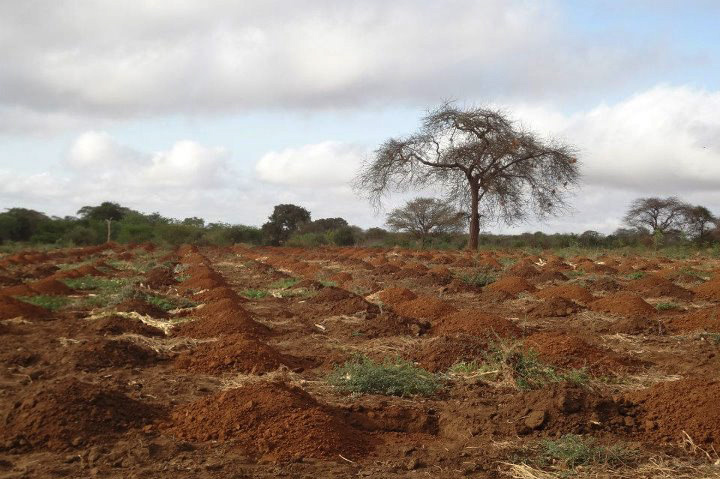Biochar
Biochar carbon to soil proces
We have started to grow sweet sorghum in between our trees on biochar enriched soils. The biomass wastes which come from the trees and crops are turned into biochar which is then plowed under to serve as a soil improvement agent.
Each ton of biochar buried in the ground represents 3,8 tons of CO2-equivalentent withdrawn permanently from the atmosphere. Because biochar does not oxidize, the 3,8 tons of CO2 which is locked-up in each ton of biochar will be sequestered for hundereds of years. Agri-CCS (carbon capture and storage) is much less expensive than industrial CCS. By allowing African farmers to bury CO2 emitted in the industrialized countries poor rural communities will develop and the damageful use of wood and charcoal for cooking will be stopped.
This is a very effective soils enhancement process which strongly drives rural development is being introduced. Through biochar soils are enriched by means of locally produced Sorghum based biochar. Biochar made from the stalks of Sorghum is dug into the soil enhances soil fertility. The same biochar causes water and plant nutrients to be retained better and soil organisms to thrive better.
The process of sequestering CO2 in the soil, which is called Agri-CCS, adds hundreds of Euro’s to the value of land. Agri-CCS provides regular income to carbon farmers.

Biochar can be made from the stalks of sweet Sorghum. Sorghum grows very well on biochar enriched soils. Carbon farmers are given (or sold) concentrated sweet sorghum sap which they may use for the production of biogas. By cooking on biogas the destructive use of wood and charcoal for cooking can be eliminated.